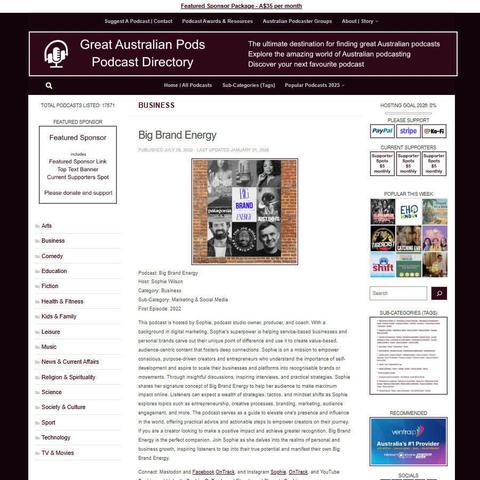2026-02-09 16:01:07
A healthy (in body and mind),
active, frugal, sociable, mostly offline citizen
who is highly educated and informed, in full control of their data, avoiding Big Tech’s platforms and algorithms,
with a positive self-esteem and self-image,
is probably persona non grata for the tech billionaires.
But a small, insignificant nuisance, like a fly
– they don’t care about ONE.
But imagine having thousands,
then hundreds of thousands,
then millio…





